African civil society groups are urging countries on the continent to include protections against unforeseen conditions, such as climate change, in their debt negotiation strategies.
The African Forum and Network on Debt and Development (AFRODAD) said it was important adapting legislation to address the evolving landscape of creditors, including new bilateral lenders like China and India, to prepare for climate-related financial challenges.
Earlier this year, Zambian President Hakainde Hichilema declared a national disaster after a severe dry spell destroyed over 2.2 million hectares of farmland, highlighting the country’s urgent need for more than K23.5 billion to address the drought’s effects while also managing its debt.
In light of such crises, AFRODAD’s Executive Director, Jason Rosario Braganza, stressed the necessity for African countries to develop negotiation tactics that could allow them to suspend debt payments during climatic emergencies.
Speaking during a virtual press briefing, Braganza said: “We are currently facing the existential threat of climate emergencies and energy transition. Do we have negotiation tactics that can help us suspend debt service during such emergencies or pandemics like COVID-19?”
Read more: Civil Society Organisations unveil campaign to curb illicit financial flows in Zambia, Africa
Braganza also called for a comprehensive reform of the global economic architecture to address the growing debt crisis in Africa, noting that Zambia, Ghana, Ethiopia, and Chad have already defaulted on their debt, with other nations like Kenya nearing the brink.
“The ecosystems in which our countries operate are not serving the interests of citizens but rather those of a few countries and even fewer multinational corporations,” he concluded.
WARNING! All rights reserved. This material, and other digital content on this website, may not be reproduced, published, broadcast, rewritten or redistributed in whole or in part without prior express permission from ZAMBIA MONITOR.


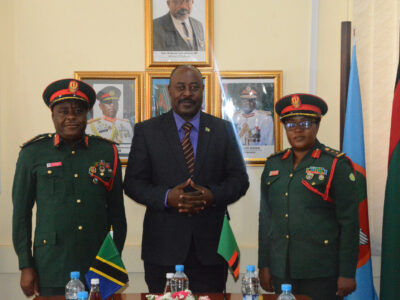
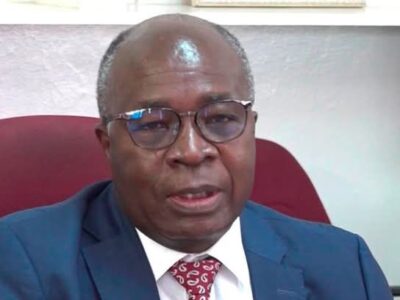
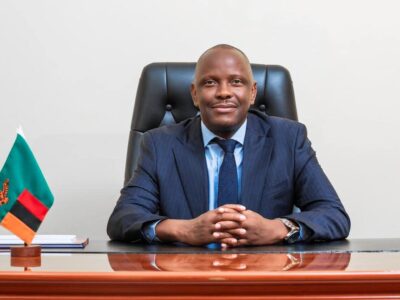
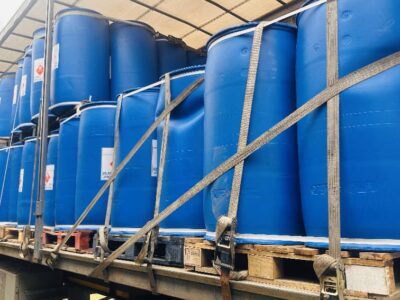




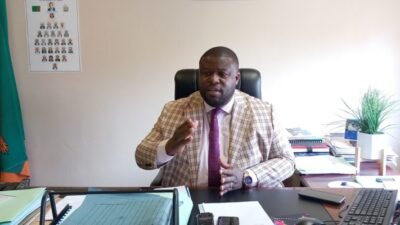

Comments